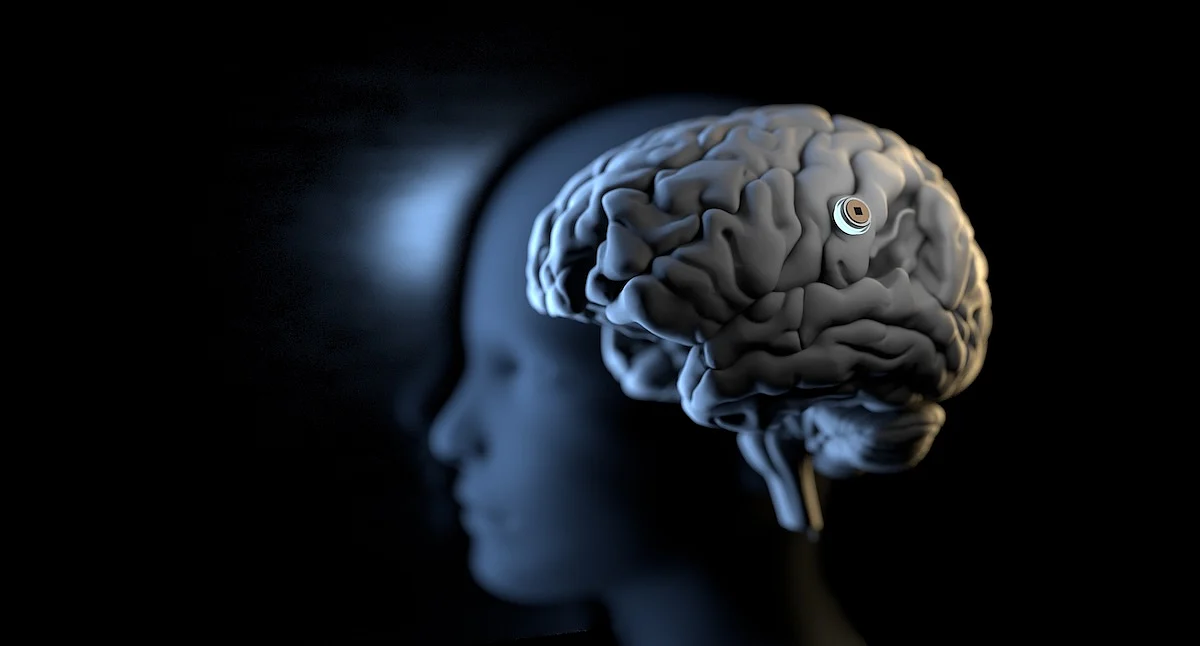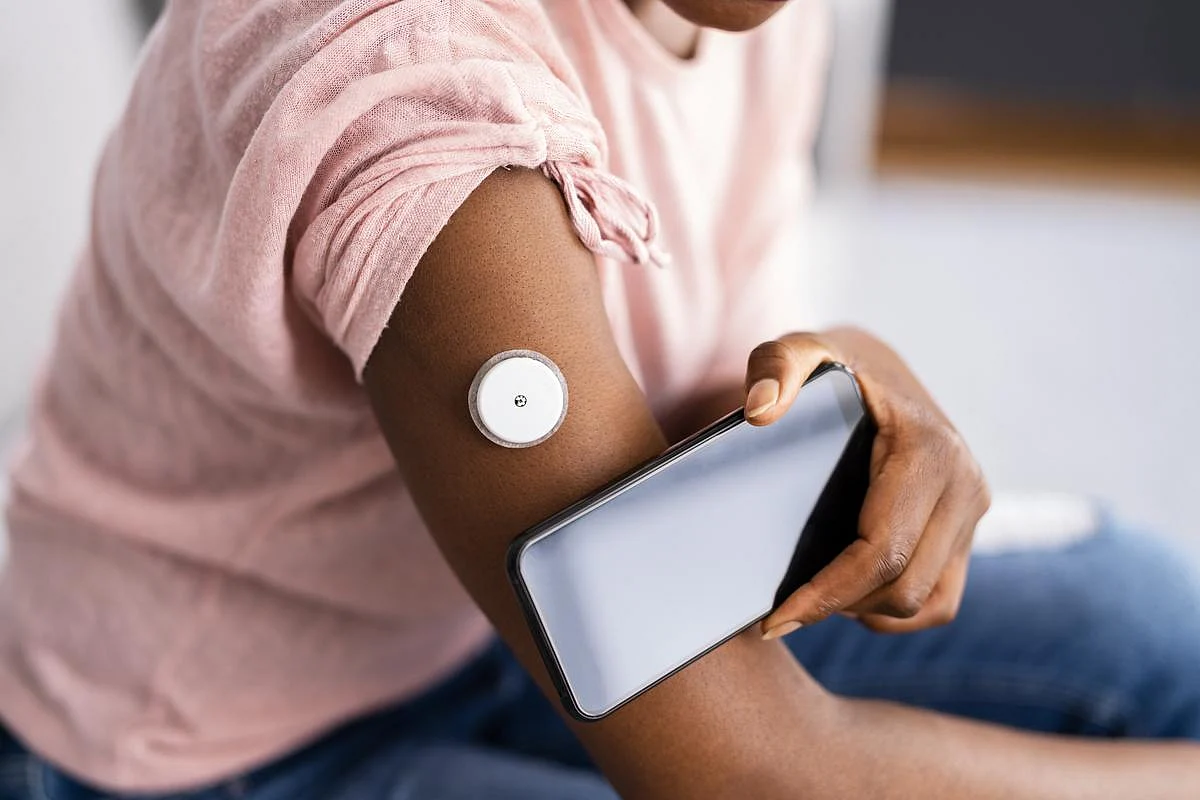
People living in neighborhoods once labeled “hazardous” on federal housing maps are still more likely to wait longer for an ambulance, new research shows. Rutgers University researchers who analyzed 236 U.S. urban areas found that 7.06% of residents in historically redlined “Grade D” areas lacked quick access to emergency medical services (EMS). That compared to… read on > read on >






























